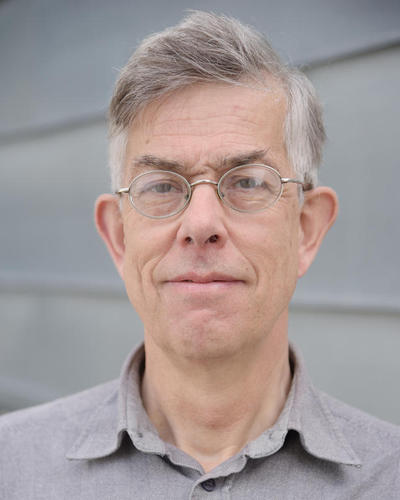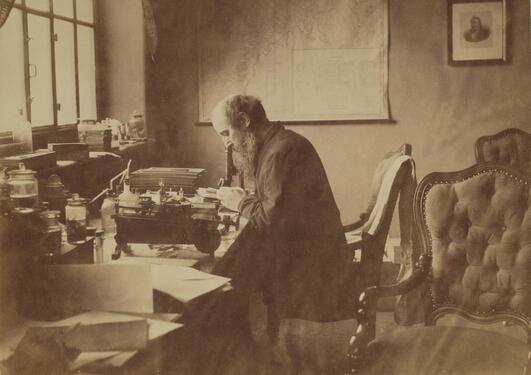International experts on leprosy gathered in Bergen
UiB is hosting the "Zero Transmission Symposium" this week where researchers working towards zero leprosy are gathered to to discuss recent developments and identify remaining knowledge gaps. Despite ongoing efforts, more than 200,000 people worldwide are diagnosed with the disease annually.

Main content
UiB marked throughout 2023 the 150th anniversary of Gerhard Armauer Hansen's discovery of the leprosy bacillus. This groundbreaking discovery led to a medical paradigm shift, as it was the first time the disease was shown to be caused by a bacterium.
This week, leprosy is once again in the spotlight as leading researchers, project partners, and individuals with firsthand experience of the disease gather for a three-day symposium in Bergen. The symposium is organized in collaboration with the Global Partnership for Zero Leprosy.
The purpose of the symposium is to review the current state of research in the long-term goal of completely eradicating the disease. The program is packed with presentations, workshops, and discussions. The guest list includes dermatologists and health-professionals from countries such as the USA, Brazil, Canada, India, and Australia.
WHO on the guestlist
Thursday the "Zero Transmission Symposium 2024" was opened by professor Per Bakke, Dean of the Faculty of Medicine, and Dr. Peter Steinmann from the partner organization.
The keynote speaker before lunch was Dr. Vivek Lal, head of the global leprosy program at the World Health Organization (WHO).
In his presentation, the WHO representative emphasized the need for political engagement and commitment to reach the goal of zero leprosy. He also highlighted the importance of providing countries with the tools to manage leprosy and the associated health challenges.
"Status quo is not an option. In addition to early and active detection of new cases, preventive measures are essential. Another crucial point is combating stigma and discrimination associated with the disease. Stigma still exists at the individual level, within families, and sometimes among healthcare professionals," Dr. Lal pointed out.
A lot to be done
Historian and organizer Magnus Vollset emphasizes Bergen's significance as a global center for leprosy research, where the modern fight against the disease began. Despite past achievements and celebrations, he warns that there is still much work to be done:
"We have not reached our goal," says Vollset. "Although last year's anniversary ended with great applause, it also came with an important warning: efforts must continue, or all the work will be in vain. This week, we have participated in training on diagnosis and treatment, and we have also contributed to a new knowledge summary – the first in ten years. The goal is clear: to contribute to a leprosy-free world, he concludes.
More information about the leprosy anniversary and the symposium in Bergen can be found here: https://hansen2023.org/zts24/





